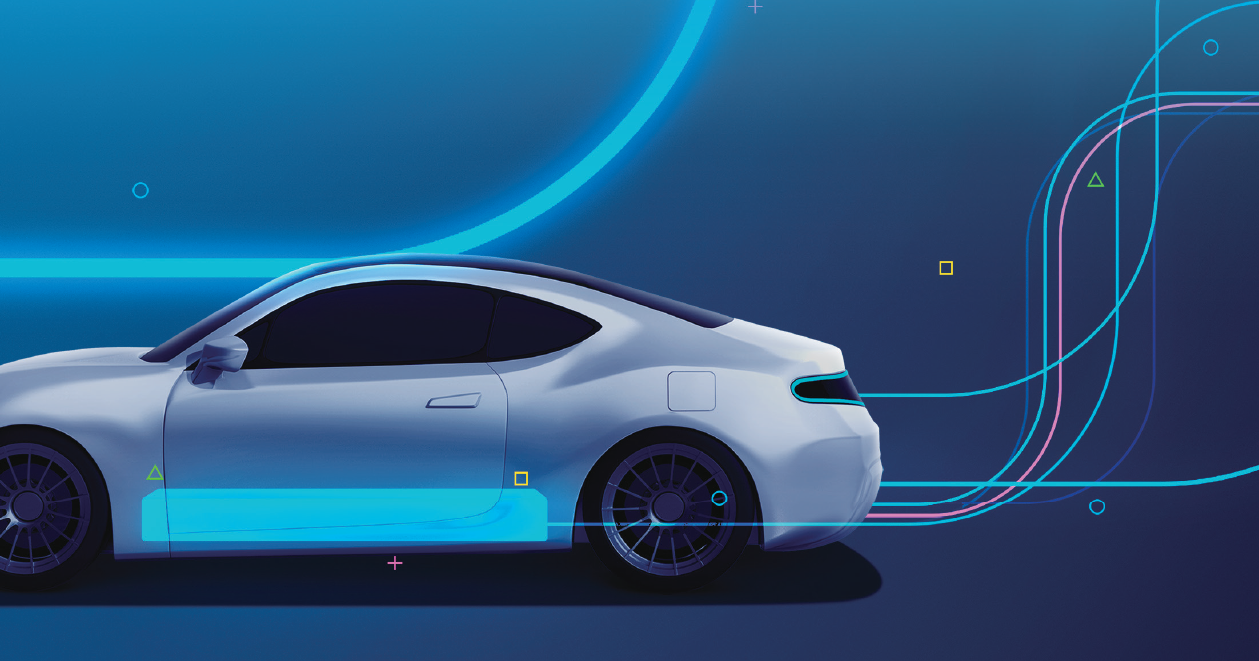The production of passenger cars in Germany remained stable in 2024, totaling 4.1 million units, mirroring the levels seen in 2023. However, this figure, reported by the German Automobile Association (VDA), is still 12% lower than pre-crisis levels in 2019.
Declining Trends in December
In December 2024, passenger car production dropped 10% year-on-year to 232,900 units, while exports declined 9% to 196,300 vehicles. Despite these declines, the annual export total rose slightly to 3.2 million vehicles, a 2% year-on-year increase. Domestic demand showed strength, with orders from German manufacturers increasing 12% year-on-year in 2024. December saw a 35% surge in domestic orders compared to the same month in 2023. However, international demand lagged, with foreign orders remaining flat for the year and dropping 6% in December year-on-year.
Electric Vehicle Growth Leads the Charge
Germany’s automotive sector demonstrated resilience in electric vehicle (EV) production. November 2024 marked a milestone, with 155,700 EVs produced, a 29% year-on-year increase. Among these, 120,500 were battery electric vehicles (BEVs), while 35,200 were plug-in hybrids. For the first 11 months of 2024, German manufacturers produced nearly 1.3 million EVs, surpassing the total production of 2023. This growth reflects a strong pivot towards electrification, which aligns with the global shift in automotive trends.
Broader Industry Challenges
Despite these gains, the broader automotive industry faces headwinds. The European Steel Association (EUROFER) forecasts a 6.5% decline in EU automotive production for 2024, citing economic pressures. The German automotive industry, while showing signs of recovery in EVs, still grapples with challenges in traditional car production and exports, underscoring the need for continued innovation and market adaptation.


